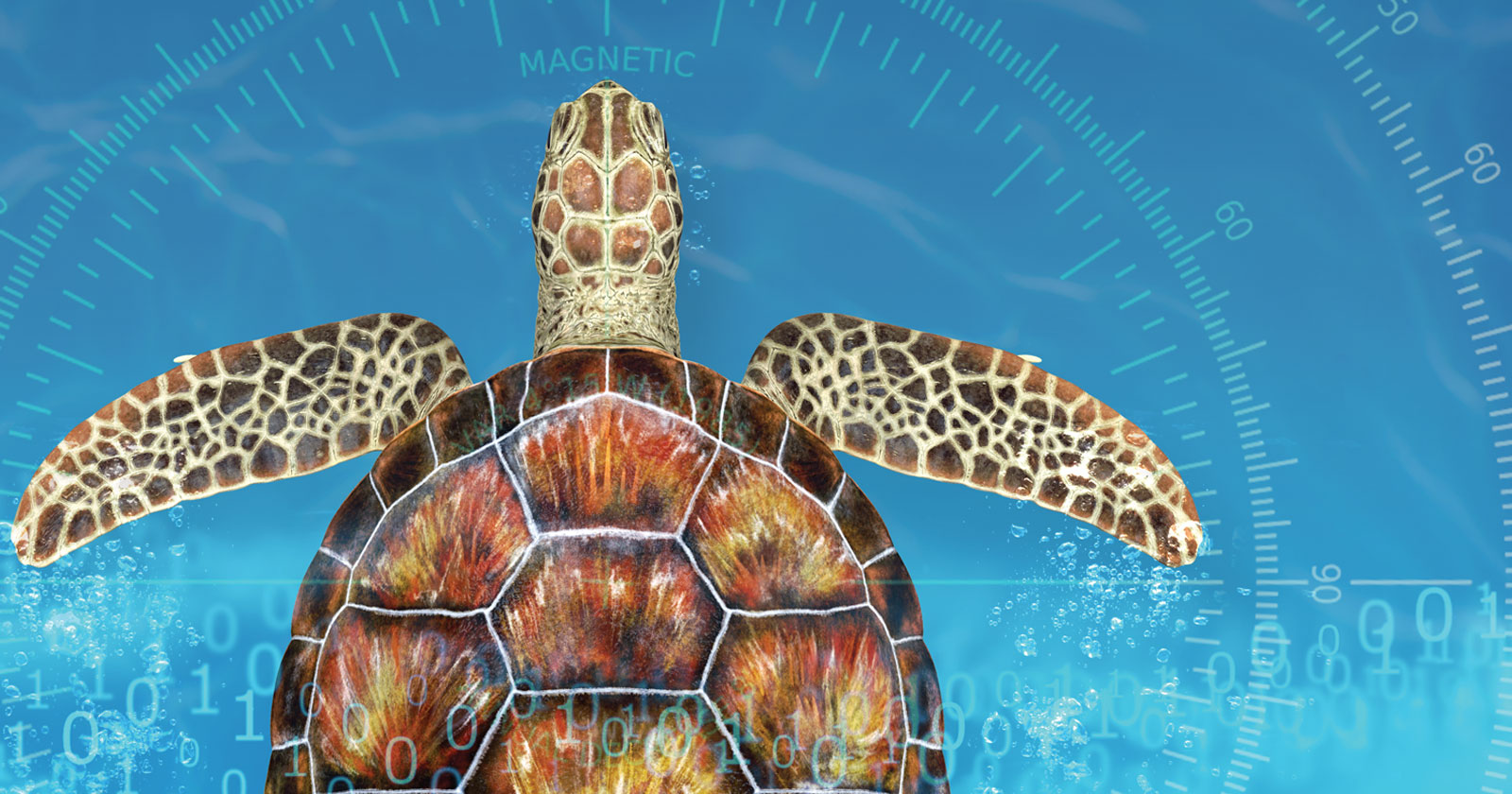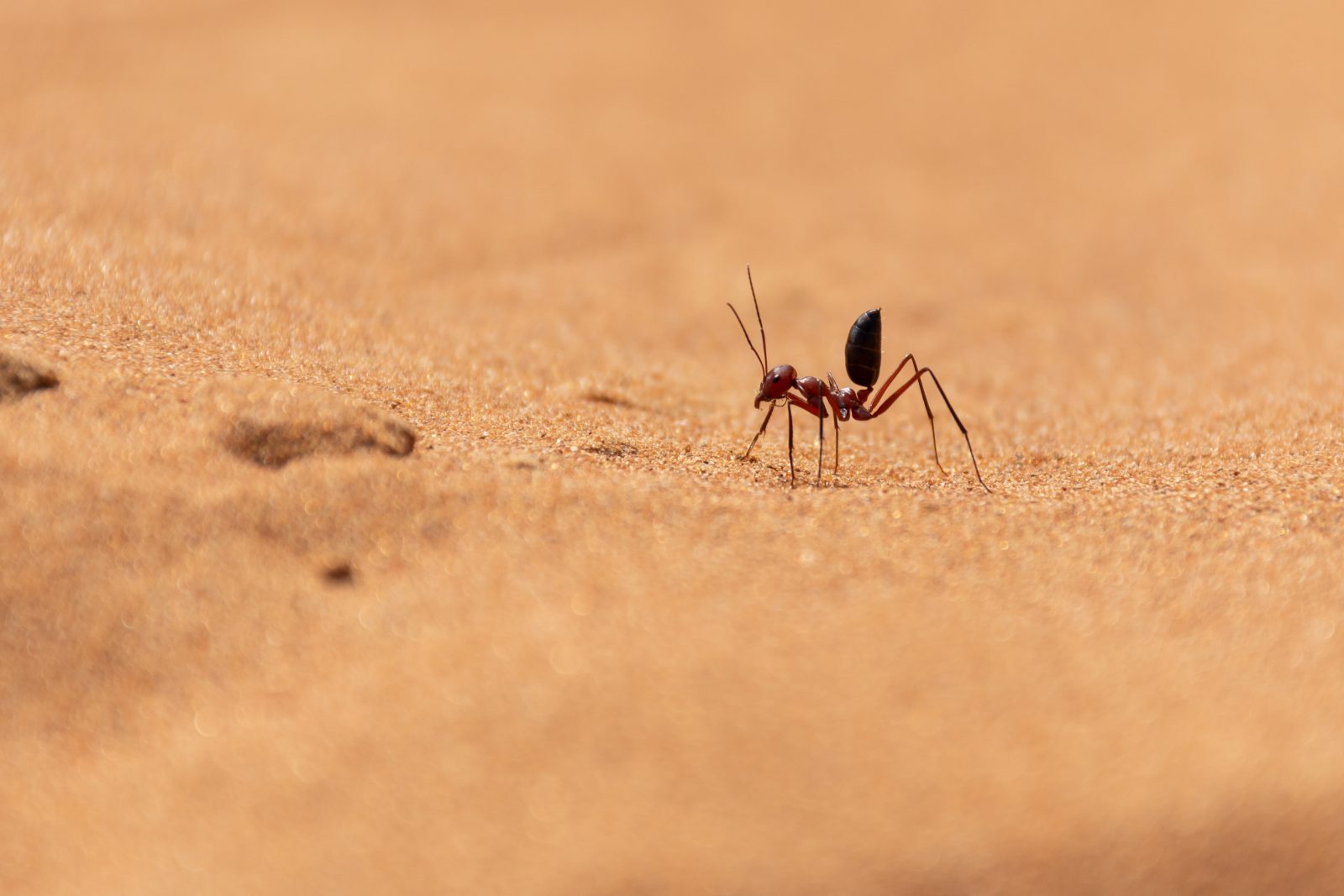


Ruminants, Moon Watchers Bedevil Darwin
On today’s ID the Future host Andrew McDiarmid brings listeners a couple of fascinating recent articles from Evolution News & Science Today by David Coppedge. The first is “Animals Tune Behavior by Lunar Cycle; but How?” The second article is “Darwin, We Have a Problem: Horse Teeth Are Not Less Evolved.” In the first, some ingenious molecular engineering crops up in widely divergent creatures, giving them some impressive abilities to read lunar cycles. The evolutionists’ go-to explanation is “convergent evolution,” an incantation that fails to explain how something like this could have evolved even once, much less multiple separate times. And in the second, a much-beloved story of ruminant tooth evolution gets a kick in the teeth from a series Read More ›

Animal Algorithms Webinar Pt. 2: Author Q&A
Today’s ID the Future is Part 2 of a recent live webinar with Eric Cassell fielding questions about his new book, Animal Algorithms: Evolution and the Mysterious Origin of Ingenious Instincts. He and host Casey Luskin explore the engineering wonders of web-spinning spiders and their extraordinary silk, and the challenge of transforming solitary insects into social insects (with their complex and interdependent caste systems) via a blind step-by-step evolutionary process, and the many thousands of genetic changes required. What does Cassell consider the best explanation? He invokes design theorist William Dembski’s work with No Free Lunch theorems to argue that blind processes are a no-go for explaining their origin. From there Luskin opens the webinar up to questions from the Read More ›

Animal Algorithms Webinar: Desert Ants and Honey Bees
Today’s ID the Future brings listeners the first half of a recent live webinar featuring author Eric Cassell fielding questions about his intelligent design book, Animal Algorithms: Evolution and the Mysterious Origin of Ingenious Instincts. Center for Science and Culture associate director Casey Luskin hosts. They begin the webinar discussing Cassell’s unique set of qualifications for writing the book, and then they move into a conversation about the amazing desert ant, a master navigator from birth, able to integrate multiple navigation sensors despite having an incredibly tiny brain. Cassell argues that these innate skills point to algorithms programmed into the ant’s brain and genome, and that such programming is far better explained by intelligent design than by any blind evolutionary Read More ›